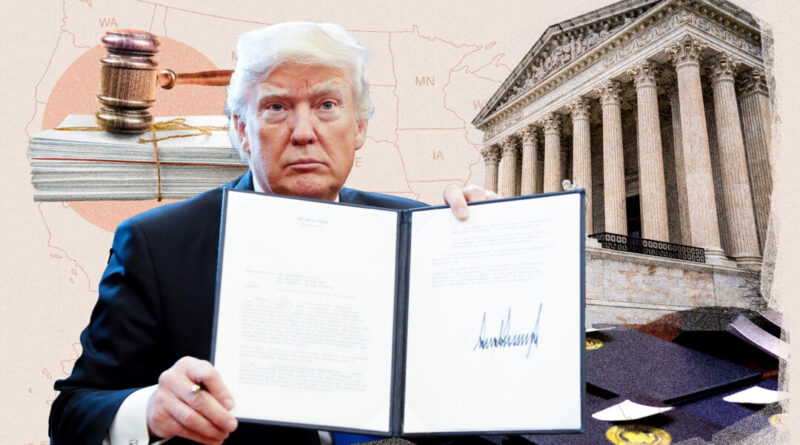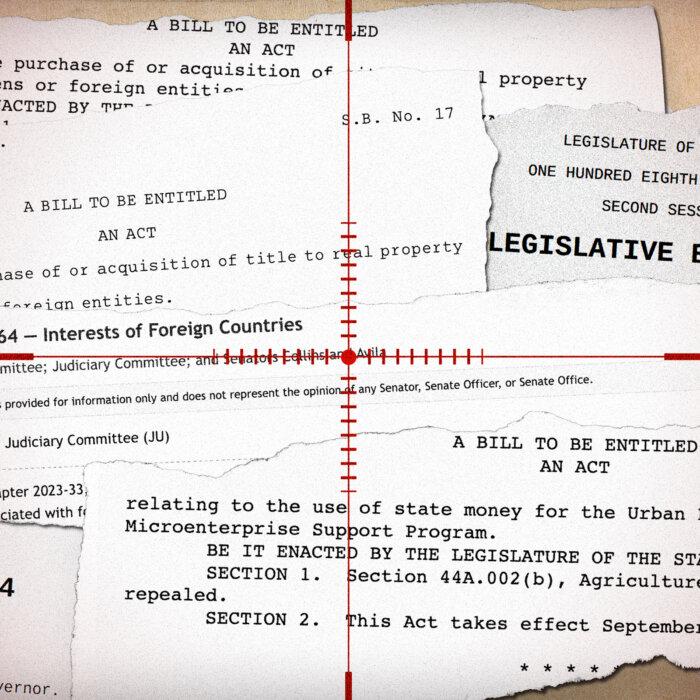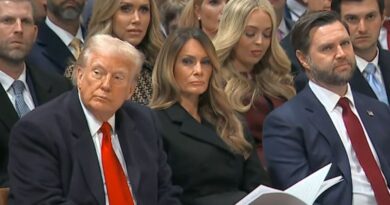Nationwide Injunctions: A Clash Between Executive and Judicial Power
Analysis of Recent Developments
The agenda of President Donald Trump has faced significant delays due to a series of restraining orders issued by federal judges against his policies, many of which are applicable nationwide.
These restraining orders, referred to as nationwide or universal injunctions, are seen as remarkable because they empower a single judge to halt national policies. The use of such orders has surged in recent years, leading to objections from presidential administrations.
Judicial authorities have justified the extensive reach of these injunctions, claiming they are crucial to prevent alleged harms arising from executive actions.
Opponents argue, however, that courts are overstepping their bounds while lawyers engage in “judge shopping” to find sympathetic judges aligned with their policy preferences.
While the Supreme Court has not yet weighed in on this matter, it could eventually provide a decisive ruling as appeals involving Trump’s actions progress through the judicial pipeline.
Increase in Nationwide Injunctions
A study conducted by the Harvard Law Review highlights a rising trend in universal injunctions over recent years.
Most of these injunctions derive from judges appointed by presidents from opposing parties to the sitting administration.
The analysis indicates that this trend has been exacerbated by “judge shopping,” wherein plaintiffs target specific judges perceived as more likely to rule in their favor.
During their presidencies, George W. Bush and Barack Obama faced six and twelve universal injunctions, respectively.
This number jumped to 64 during Trump’s first term, with 59 of those issued by judges appointed by his political adversaries.
President Joe Biden has faced a slightly elevated number of injunctions compared to Obama, totaling 14—all stemming from judges appointed by opposing party presidents.

Children’s Hospital Los Angeles announced on Feb. 4, 2025, that it would halt the initiation of hormone therapy for patients under 19 in response to President Donald Trump’s executive order on gender-related procedures for minors, as the hospital reviews the order’s implications.Robyn Beck/AFP via Getty Images
Judges have stood by the nationwide reach of their rulings.
“A nationwide injunction is essential since hospitals across the country could lose federal funding if they continue to provide gender-affirming medical care.”
Supreme Court Consideration
Experts have pointed out that Trump’s order regarding birthright citizenship is a likely candidate for Supreme Court review. A recent action by the Trump administration could yield a larger ruling about nationwide injunctions.
“The prevalence of universal injunctions has escalated dramatically since the advent of the current Administration,” Harris commented, adding that the current administration has already surpassed the number of universal injunctions from the first three years of Biden’s tenure.
She contended that “only this Court’s intervention can prevent universal injunctions from becoming universally accepted.”
Solicitor General Elizabeth Prelogar noted in a filing that “the government must succeed in every legal case to maintain its policy, while plaintiffs can stop a federal statute or regulation nationwide with a single ruling from a lower court.”

Supreme Court Justices Neil Gorsuch (R) and Brett Kavanaugh (L) arrive for President Joe Biden’s State of the Union address in the House Chamber of the U.S. Capitol on March 7, 2024. Mandel Ngan/AFP via Getty Images
How the Supreme Court will address this situation is yet uncertain, but several justices appear to express frustration regarding nationwide injunctions and have opposed lower court rulings that conflict with Trump’s objectives.
Earlier this month, Justice Samuel Alito dissented against a lower court ruling, voicing his astonishment at the majority of his colleagues permitting an order that compelled the federal government to allocate billions in foreign aid.
“Can a single district-court judge, who likely lacks jurisdiction, wield unchecked authority to force the Government of the United States to disburse (and potentially forfeit permanently) $2 billion in taxpayer funds?” he questioned.
“The answer to this question should be a resounding ‘No,’ yet it seems the majority of this Court appears to disagree.”
Justices Neil Gorsuch, Clarence Thomas, and Brett Kavanaugh also voiced their discontent regarding the decision that denied the Trump administration’s appeal in the case.
Gorsuch, in particular, has raised concerns about the escalating prevalence of nationwide injunctions. In a 2020 concurring opinion, he remarked on the growing tendency of trial courts to grant relief that exceeds the specific cases at hand.
“Whether termed injunctions of ‘nationwide,’ ‘universal,’ or ‘cosmic’ scope, these orders share a fundamental flaw—they dictate how the defendant must behave toward individuals who are not involved in the case,” he stated.
During a discussion at Northwestern University Law School in 2022, Justice Elena Kagan remarked that it seems unreasonable for one district judge to halt a nationwide policy and keep it from being implemented for the extended duration it typically takes to resolve legal proceedings.
Possible Reforms
Gorsuch’s observations prompt inquiries about the boundaries of judicial authority—should injunctions apply only to the parties involved in the cases, or can they extend further?
“Courts are intended to settle disputes between two parties…they aren’t general bodies of inquiry that correct broader issues,” suggested Gregory Dolin, a professor at the University of Baltimore School of Law.
John Malcolm, Vice President at the Heritage Foundation, noted that unless Congress takes action to limit this practice or the Judicial Conference of the United States modifies its regulations, this trend is set to continue.
Alternative proposals have emerged, including the elimination of nationwide injunctions or establishing a panel of judges to evaluate cases seeking such broad relief.






